War on Drugs: Cops asked to be more cautious
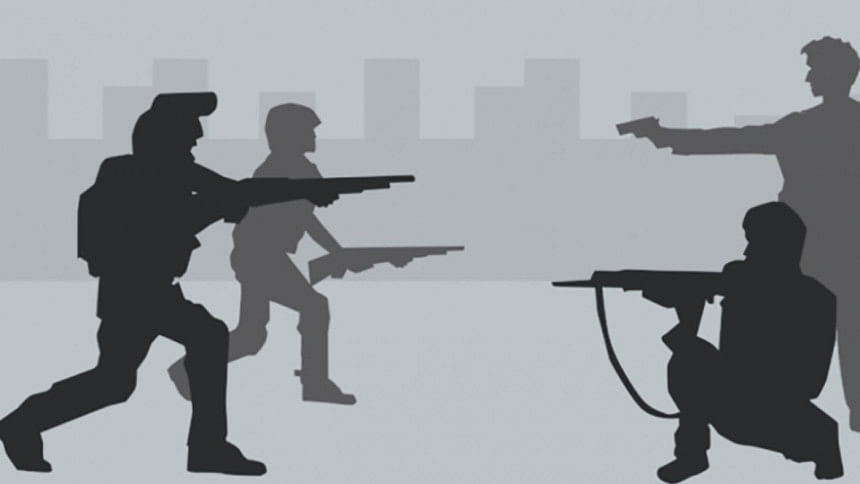
Despite receiving flak for over 100 alleged drug dealers killed during the war on drugs of police, the law enforcers say the drive they started on May 18 would continue past Eid, but they would tread carefully.
Over 17,000 suspects have been detained in the almost a month-long drive of the police but many known drug barons remain untouched.
Even though the police are being criticised for failing to catch the godfathers and “street dealers getting killed”, its officials think the ongoing drive is, to some extent, successful and plan to continue the drive after Eid.
Inspector General of Police Mohammad Javed Patwary yesterday said there are two sides of the narcotics crisis -- supply and demand.
“We have been able to create disruption in the supply through the ongoing drive and that is why it has become difficult to get drugs now,” the police chief told The Daily Star.
“In that sense, we are successful on our part,” he said, adding that narcotics abuse is a problem that cannot be stopped only by conducting drives. It is a social problem and needs to be addressed by people of all strata, he added.
Between May 18 and June 12, a total of 145 people had been killed in the so-called gunfights with police or Rab personnel or what the police claim infightings between two groups of drug dealers.
Although police and Rab said those killed were top drug dealers, families of some of the victims had claimed them to be innocent.
Questions arose when Teknaf municipality councillor Akramul Haque was killed in what Rab claimed to be a gunfight with drug dealers but the family termed it a cold-blooded murder.
At a press conference, Akram's wife gave four unverified audio clips of chilling conversation allegedly recorded on a phone during the killing of the councillor.
With this and the rising death toll, the war on drugs came under strong criticism from local and international rights activists and foreign diplomats.
The law enforcers are now planning to go slow and apply strategic methods.
Police Headquarters (PHQ) has instructed all units to continue the drive until further notice but asked to remain cautious so that no innocent person is hurt.
The unit officials were instructed to collect all possible evidence, make a database, and inspect the suspects' role in narcotics trade before taking steps against dealers or their patrons, a high official of the PHQ told The Daily Star recently wishing not to be named.
If any specific complaint of harassment is made against any official, immediate action would be taken against the officer responsible, according to a recent directive signed by Nassian Wazed, assistant inspector general (operations) of police.
The US yesterday said they want to see the government of Bangladesh fully meets its human rights obligations while conducting its drive against drugs.
US Department of State in a press statement said, "We urge Bangladesh to conduct thorough and transparent investigations into all credible reports of extrajudicial killings."
Sources in the police said the flow of yaba through Cox's Bazar had come down significantly with many listed yaba dealers in the district and elsewhere on the run.
Police officials claimed that the ongoing drive disrupted yaba smuggling and it has become hard to get the drug in the capital.
Addicts are now paying higher prices for their fix than just a month ago.
An addict of the capital's Mohammadpur area told The Daily Star that since last week, street prices of the pink pills have more than doubled and it has become difficult to get hold of the drug.
Most yaba dealers have turned their phones off, the addict said, adding that those who pick up their phones take a long time to deliver and charge twice or three times as much.
Earlier, a regular yaba pill was being sold between Tk 120 and Tk 180 in Dhaka but now it is between Tk 400 and Tk 600, according to sources.
Police started an all-out drive against the drug dealers, peddlers and users from the first day of Ramadan while Rab began its crackdown on May 4 following directives of the prime minister.
Earlier, several agencies prepared lists of drug dealers that included names of political leaders, local representatives, and law enforcement agency members as patrons and drug traders. None of the leaders and law enforcement agency members have been arrested.
During the drives by law enforcers, over 30 lakh yaba pills, 36,000 bottles of Phensidyle, 45 kgs of heroin were seized. Rab mobile courts sentenced 3,521 suspects to seven days to two years in jail.

 For all latest news, follow The Daily Star's Google News channel.
For all latest news, follow The Daily Star's Google News channel. 

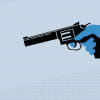
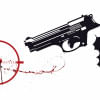
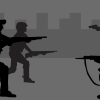
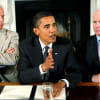
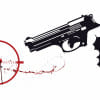

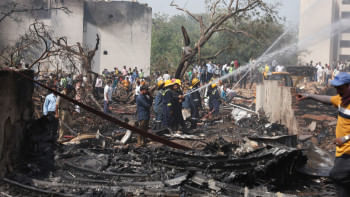
Comments